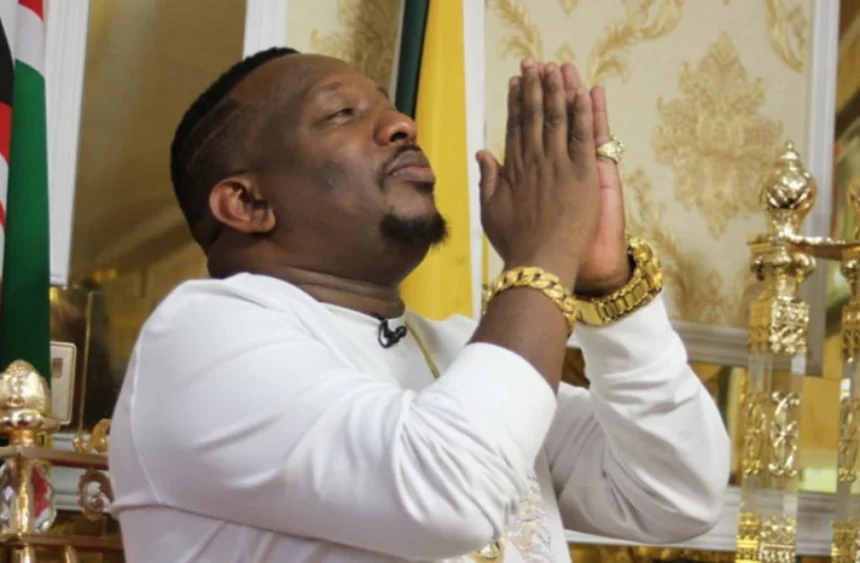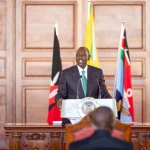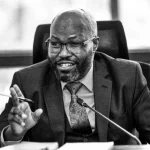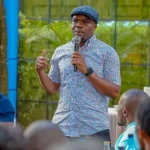In Kenyan politics, perception is often more powerful than reality. And the perception created by the High Court’s decision to release Ksh. 574 million to Mike Sonko is that of a man not just vindicated, but resurgent. This isn’t merely a legal ruling; it is a seismic event that has recalibrated the political chessboard, with implications that stretch all the way to State House and the 2027 general elections.
For Sonko, this is the ultimate political fuel. Politics is an expensive game, and a war chest of over half a billion shillings provides immense tactical flexibility.
The New Political Calculus for Sonko
-
The Kingmaker Role Amplified: Even before this ruling, Sonko held significant sway in his Nairobi and Mombasa strongholds. Now, with these funds unfrozen, his capacity to act as a kingmaker is supercharged. He can finance grassroots mobilizers, support friendly candidates, and run his own aggressive media campaigns. For a party like President Ruto’s UDA, which seeks to cement its influence in Nairobi, Sonko is now an even more indispensable—and potentially dangerous—ally.
-
Narrating a Tale of Persecution and Victory: Sonko has masterfully crafted a public persona as the “people’s governor,” a champion of the downtrodden who is constantly harassed by the “system.” This court victory allows him to amplify this narrative. He can now tell his supporters, “They threw everything at me, they froze my accounts, but the court has seen the truth. I am your fighter.” This is an emotionally potent message that can galvanize his base.
-
A Direct Threat to Established Rivals: This development sends a chill down the spines of his political rivals in Nairobi. A financially flush and legally-emboldened Sonko is a direct threat to their ambitions. It makes the calculation for the Nairobi gubernatorial seat in 2027 incredibly complex, as Sonko could either run himself or sponsor a proxy with significant financial backing.
The Ruto Conundrum: Ally or Liability?
For President William Ruto, this is a complicated outcome. On one hand, a strong and supportive Sonko can help UDA dismantle the opposition’s influence in Nairobi. On the other, being too closely associated with a figure who is still facing serious corruption charges in other courts carries a significant reputational risk. The President must now walk a tightrope—leveraging Sonko’s influence while maintaining a public distance from his legal troubles.
The unfreezing of these funds has not just given Mike Sonko his money back; it has given him his political mojo back. He is back in the game, not as a defendant on the back foot, but as a financier and a force to be reckoned with. The battle for Kenya’s soul is often fought in the court of public opinion, and in that court, Mike Sonko just won a monumental case.










